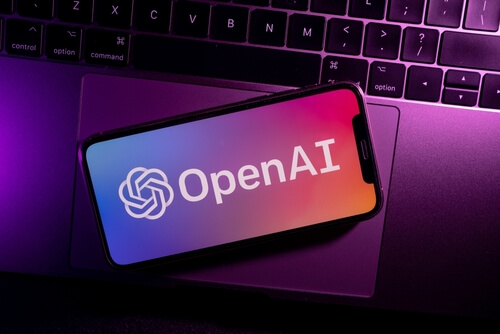OpenAI mulls creating custom artificial intelligence (AI) chips to reinforce its position as the leading full-service AI developer.
The company’s popular Chat Generative Pre-trained Transformer (ChatGPT) requires top-end data center graphics processing units (GPUs) to operate. Unfortunately, with so many companies delving into generative AI (GenAI) development, high-end AI chips are in short supply.
CEO Sam Altman said the significant costs associated with running the necessary hardware to power OpenAI’s products have become prohibitive. According to a Bernstein analysis, it costs the company ¢4.00 each time its large language model (LLM) processes a question.
If ChatGPT queries grew to a tenth of Google searches, OpenAI would have to provide $48.10 billion worth of GPUs. In addition, the infrastructure would need $16.00 billion worth of AI chips to maintain operations.
Aside from a shortage, another factor that makes custom AI chips so expensive is Nvidia’s global monopoly. The chipmaker controls over 80.00% of the market for chips designed for running AI applications.
Even the massive Microsoft-built supercomputer that Open AI uses to develop its GenAI technologies utilizes 10,000 Nvidia GPUs. Altman said achieving chip self-reliance has been the tech company’s most significant concern since last year.
Unconfirmed reports claimed that OpenAI is already evaluating potential acquisition targets to begin its venture into custom AI chip development.
Custom AI Chips to Help OpenAI Break GPU Reliance
Tech experts consider general-purpose GPUs inefficient for processing generative AI workloads. Even so, GenAI developers have no choice but to use them because there are no other alternatives.
International Data Corporation (IDC) research manager Nina Turner said AI tech companies have focused on exploring custom silicon. A silicon processor architecture optimized for LLM workloads would significantly lower the costs of queries.
Moreover, using custom silicon will allow developers to break away from the global GPU shortage that’s been around for years. As a result, the one-stop AI development company can join the ranks of Microsoft, Alphabet, and Amazon in developing custom AI chips.
If OpenAI succeeds in developing its custom AI chip, it may cement its position as the next tech giant.











